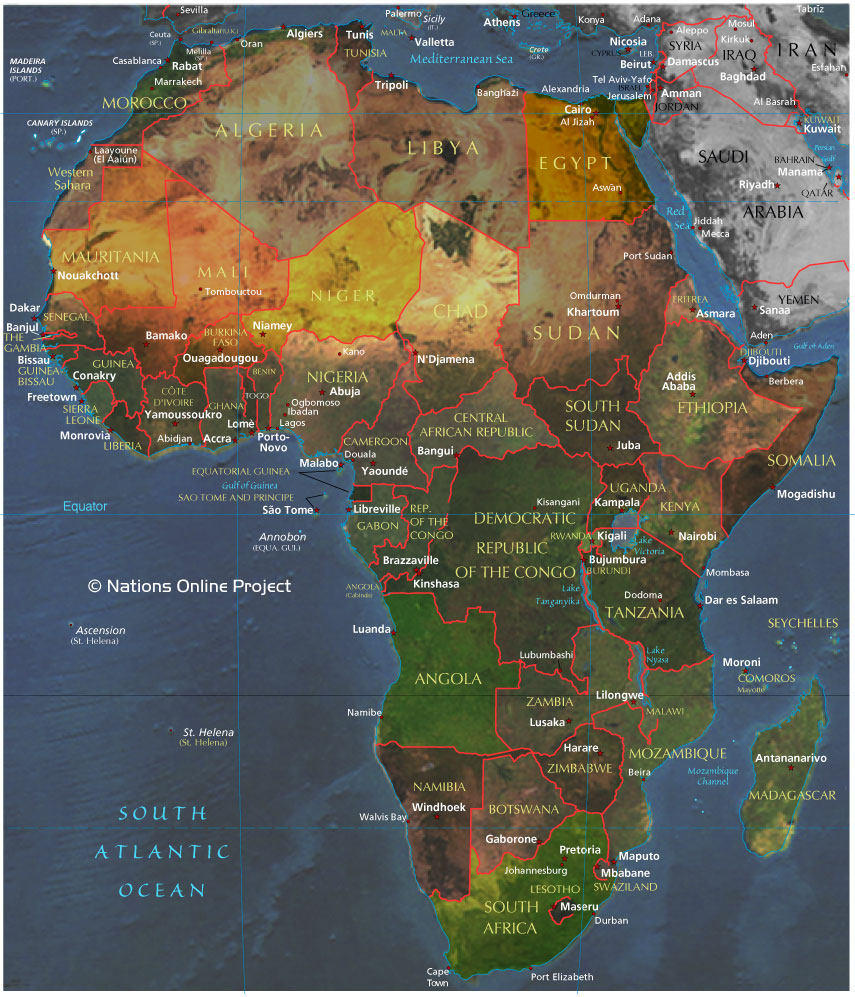
135,439 fruit and vegetable seeds have arrived in Lusaka, Zambia Africa via DHL and will soon be arriving in Mongu for distribution to Kalabo, and Kaoma. Thanks to, seed donations from our generous civilian partners, since 2011, we have sent approximately 6,263,049 non GMO fruit, vegetable and flower seeds to Zambia Africa. DHL generously provides Socio-Economic and Environment Development Solutions (SEEDS) with a 60% discount to send these seeds. This shipment is comprised of seeds donated by many friends who have saved and dried seeds from foods they have purchased and eaten.

Denise O donated a lot of sweet red peppers and Hungarian peppers and along with other friends, saves washed out clear milk bags that we use to package the seeds for distribution.

Katie Fullerton, who runs the Scarborough Seedy Saturdays each spring, has donated many varieties of organic tomatoes, Amaranth, and so many other seeds and we are so thankful. Mike Campbell purchased seeds we are unable to collect from foods we eat like carrots, cabbage, and eggplant. Did you know you have to leave carrots in the ground the first year as they only go to seed, the second year they are in the ground.


We send donated unused return envelopes so they can give out the seeds to villagers and write the type of seeds and any details of how to grow them on the paper envelope. We send plastic jars and donated Silica packs so they can store them prior to handing them out and they don’t get damp and moldy as it is the rainy season now. We also send donated old seed catalogs so villagers can see what the ripe fruit or vegetable looks like so they know when to harvest.
Here’s an endearing story that will hopefully touch your heart and demonstrate the importance and positive impact of your donation. In February 2014, Frederick our manager in Mongu communicated to our President Joanne via text on Whatsapp – our usual form of communication, to let her know their pumpkins weren’t growing very big as he anticipated.
Joanne said they were heavy feeders, and advised him to give them some more compost. When she arrived in Mongu for a visit in April 2014 and he showed her the pumpkins, they were in fact acorn squash! You see, while pumpkins start out growing green and turn orange as they ripen, acorn squash start out orange and turn green – this demonstrates the importance of the catalogs. Fredrick had never seen an acorn squash before, which is why he was confused. Now, the catalog helps him to see what the ripe vegetable looks like.


I must also thank those who gave a monetary donation through https://www.canadahelps.org/en/charities/socio-economic-and-environmental-development-solutions/
These funds helped us pay for DHL to deliver the seeds and kits for girls.

We are sending these kits to Patrick at Maboshe Memorial Centre who is making the kits for local girls. https://www.facebook.com/maboshememorialc/
So thank you to all for helping us, because you realize, that by helping others, you are really helping yourselves too! For if we help others get on their feet, we won’t have to help them in the future.
From all of us at Socio-Economic and Environmental Development Solutions (SEEDS). Thank you again! Keep up the great work and have a seed full year!


